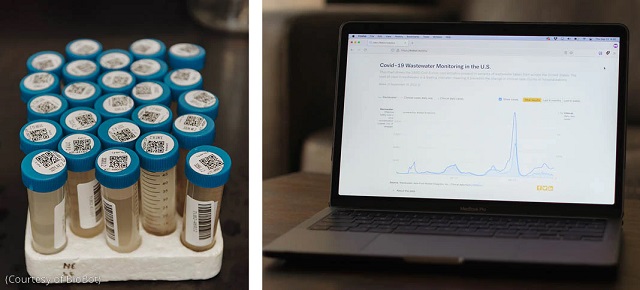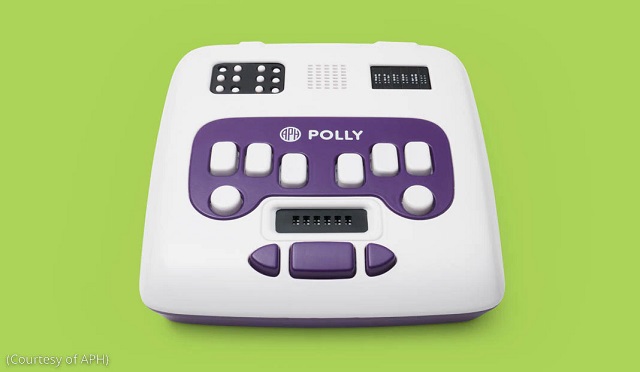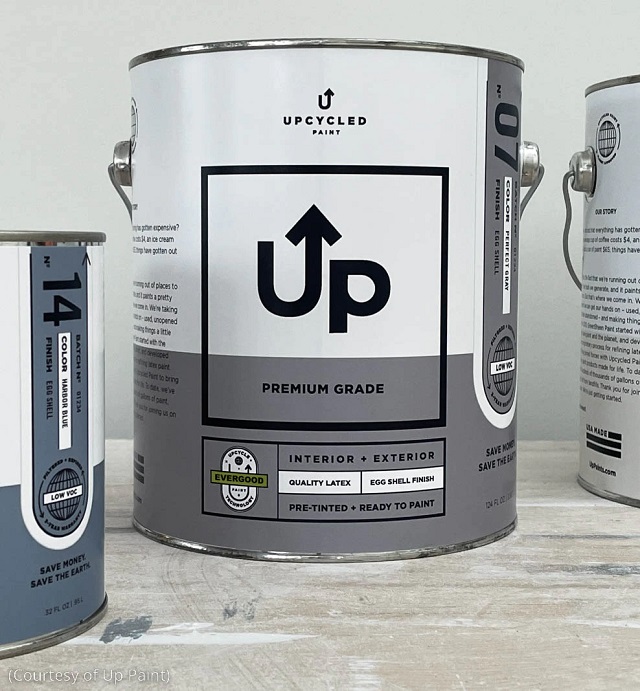Creative business inventions are about more than eventual profit. They can make life easier for individuals in need, improve public health or bolster environmental protection.
U.S. inventions also are among the most useful and successful commercially.
Here are some inventions from U.S. businesses during 2022 that exemplify a social mission. The companies’ products were recently included among Time magazine’s best inventions of 2022.
Biobot
Human waste is something most people avoid, but one company uses it for research to detect the presence of disease. By analyzing small 150 ml samples of public wastewater, Biobot can determine the level of disease in a community. Studying waste even helps identify opioid use.
Biobot, based in Cambridge, Massachusetts, was the first wastewater analysis company in the United States to detect COVID-19 and publish its findings.
“There’s an incredible amount of intelligence in wastewater,” said Newsha Ghaeli, Biobot’s president and co-founder.

By analyzing samples of public wastewater, Biobot can identify diseases present in a community. (Photos courtesy of Biobot)
The company, founded by two women, offered its technology at no charge to 400 cities in the U.S. during the initial COVID-19 outbreak so officials could test for the virus.
“We felt that this data was potentially so valuable that we wanted to get as many communities accessing the information as possible so that we could also learn from them,” Ghaeli said.
Boston is one city that partnered with the company to create wastewater testing sites to track COVID-19.
Polly
A new Wi-Fi device promises to help blind students learn to read and write Braille independently. The American Printing House for the Blind of Louisville, Kentucky, created Polly.
The device provides individuals studying Braille with audio feedback as they learn, a format that simulates a classroom setting. The product fills a gap caused by a shortage of qualified teachers of students with visual impairments.

Polly is an electronic Wi-Fi–enabled device that will assist users in learning and reinforcing Braille concepts. With many components for both input and output, Polly can provide practice and make the Braille learning process more fun. (Courtesy of APH)
“This device is geared to allow students to be able to learn when their TVI (teacher certified in visual impairment) is not present,” said Donna McClure-Rogers, product manager for the American Printing House.
The invention is named in honor of Polly Thomson, who was Helen Keller’s longtime interpreter. Outside the United States, the device will be sold as “Annie” by Thinkerbell Labs, a business partner in India. The name honors Anne Sullivan, an instructor who was Keller’s lifelong companion.
Sourcemap
Several nations, including the United States, have laws banning imports produced by forced labor. Businesses with wide networks are expected to study their supply chains more closely.
Sourcemap, based in New York City, was developed in response to the U.S. Uyghur Forced Labor Prevention Act, which prohibits the importation of products made with forced labor in Xinjiang. Data on supply chains is drawn from company disclosure statements, site inspections, satellite imagery and independent reports.
The company reports that more than 500,000 businesses worldwide are registered on its platform.
“With these new laws, ignorance is no excuse,” says Leonardo Bonanni, Sourcemap’s chief executive and founder.
Up Paint
In the United States, 10% of paint is wasted each year, a trend that threatens the environment. Paint can contain many toxic materials, so it is hazardous if not disposed of properly. Eleven U.S. states require paint manufacturers to collect leftover paint and dispose of it.

(Courtesy of Up Paint)
Up Paint, a startup company, collects the paint, recycles it and then resells it in 18 different colors. It removes the dust and can combine paints of different colors.
Dustin Martin, the company’s founder, said Up Paint collects the unused paint at designated sites at no cost. The investment is made in treating and packaging.
“It’s a win-win,” he says. “It’s better for the planet, but it’s also better for the customers’ wallet,” he said.







COMMENTS0
LEAVE A COMMENT
TOP